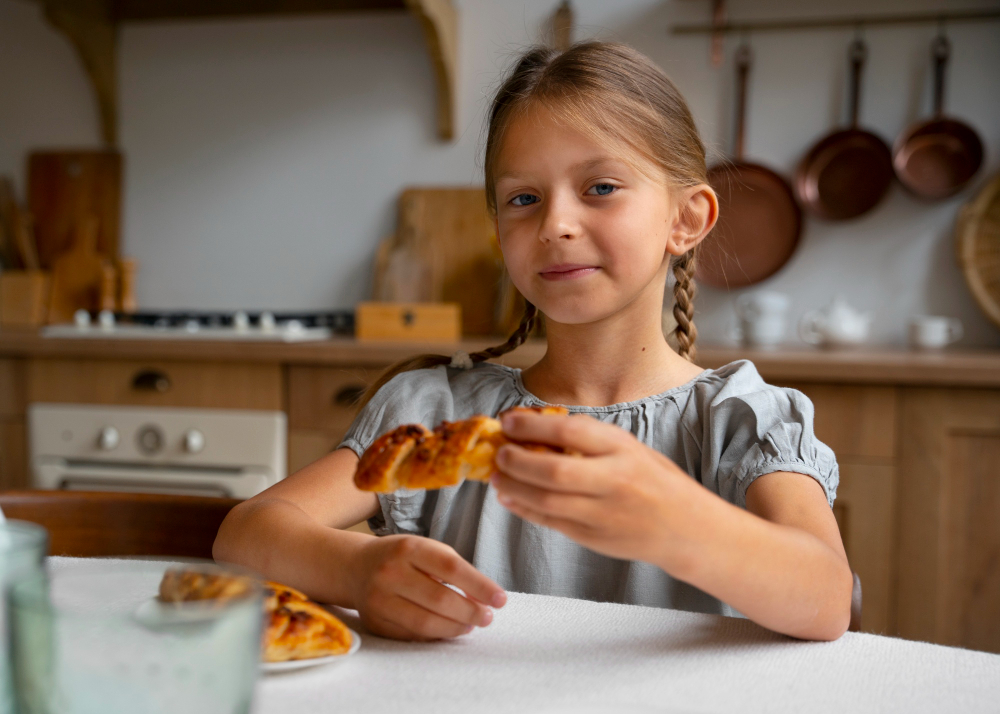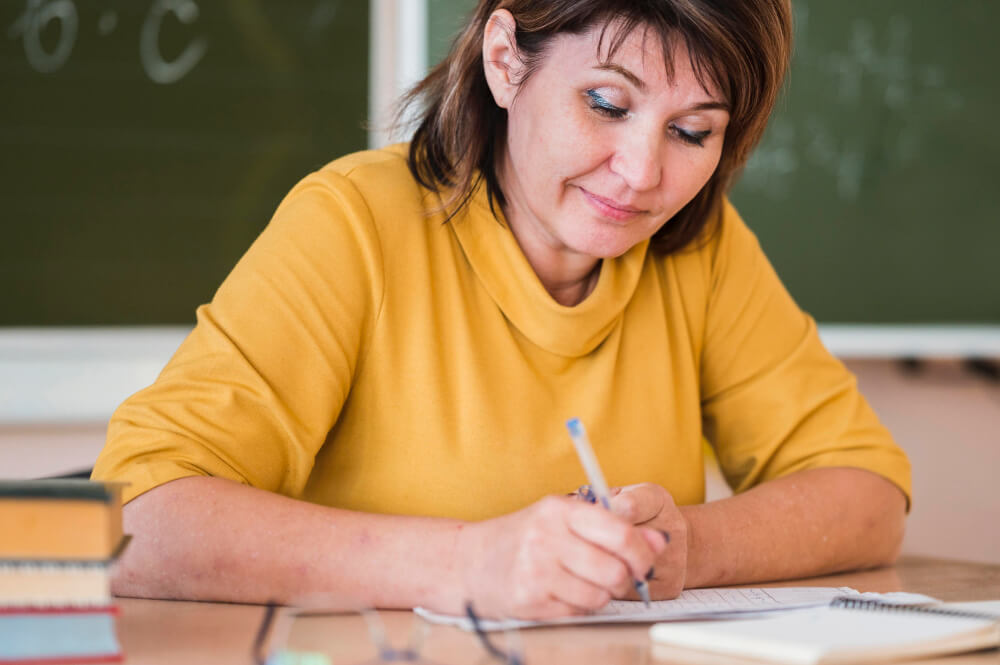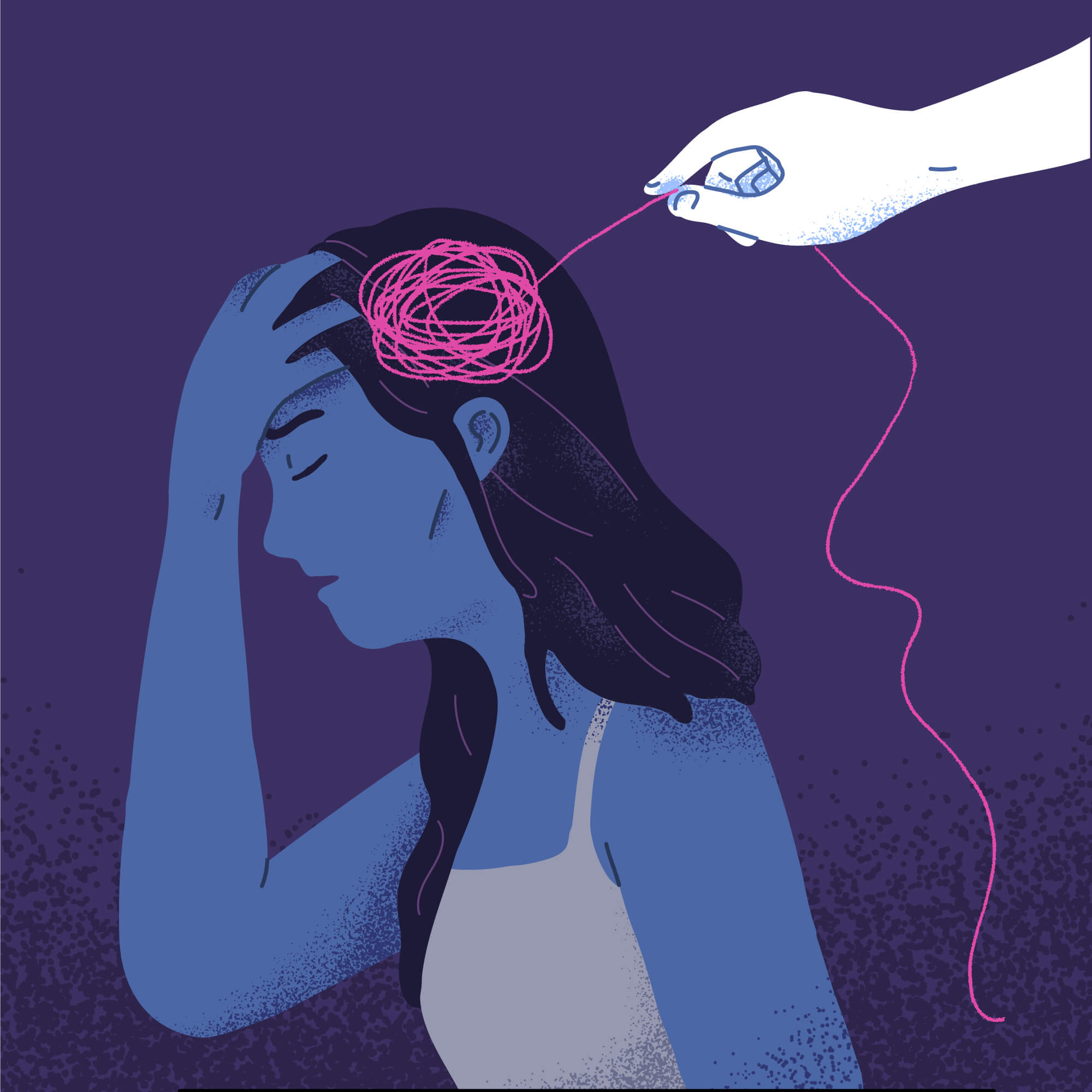Every society tells itself that public schools are good homes for children. We picture safety, fairness, and care distributed through the hallways like sunlight. Yet affection without protection becomes a kind of gaslight, and the insistence that everyone inside means well becomes a substitute for justice. We praise the intention instead of confronting the injury. The system performs benevolence while reproducing harm, and the children inside it learn early that love can wound as tenderly as it comforts.
The child’s early education in scarcity
Scarcity is the first subject every child studies. They learn that help is rationed, that support must be requested in the correct tone, and that visible distress can backfire. They understand, before they can explain it, that need is graded on presentation—that one must perform composure to earn care. They watch how some children’s needs are described as urgent and others as excessive, and they begin to internalise the etiquette of deprivation. They learn to apologise for their existence, to thank the system for crumbs, and to call endurance maturity.
-
She graduated and this is what she learned
On raising a badass advocate, unintentionally. I didn’t set out to raise an advocate—I set out to raise a child. A child who might feel safe in her body and steady in her breath, who might look out at the world and feel…
The choreography of worthiness
Fairness becomes a rotation of blankets in a cold house. Teachers ration empathy, parents ration hope, and children ration visibility. The economy of scarcity teaches that virtue lies in invisibility, that the good child endures quietly, and that the moral worth of one’s need depends on how gracefully it is hidden. They learn that survival requires discretion and that silence reads as strength. In this moral arithmetic, deprivation becomes virtue and exhaustion becomes evidence of character.
The adults who mean well
The adults are kind, exhausted, and bound by the same scarcity. They entered this work because they love children, but the system has taught them that professionalism means obedience. They console without repairing, apologise without reforming, and fill forms instead of gaps. Each action feels necessary; each delay feels pragmatic. They become caretakers of scarcity rather than challengers of it. Their empathy is real, and so is their complicity.
The oscillation of roles
Everyone inside this house trades places: teacher, enforcer, scapegoat, saviour. The same person comforts and excludes, defends and regrets. Each oscillation diffuses accountability until harm feels ownerless, as if the structure itself requires no perpetrator. The system thrives on this constant rotation, transforming moral injury into occupational fatigue and ethical clarity into misplaced guilt.
The complicity of love
Love softens cruelty just enough for it to persist. Teachers who adore their students still implement exclusionary rules. Administrators who cry in private still sign letters of denial. Parents who rage against injustice still internalise the logic of gratitude. Affection becomes an anaesthetic that prevents revolution. In the broken home of public education, love is everywhere—and that is how the harm endures.
The moral arithmetic of scarcity
Scarcity functions as theology. It teaches that dignity lies in needing less, that fairness means sharing deprivation, that the patient sufferer is the most moral subject. Those who display need are stigmatised; those who conceal it are praised. Even at home, I hear its echo. My son insists he should do better on his own. My daughter says she doesn’t want to look like one of those girls who need help. I am a socialist, yet my children recite neoliberal hymns they learned through osmosis. They have absorbed the economy of scarcity as common sense: that self-containment is virtue, that interdependence is shame.
The child who hides their need learns to parent themselves. The adult who hides their protest learns to parent the institution. And so the cycle renews itself.
-
The goodwill ledger: how schools calculate inclusion allotments
Schools in British Columbia keep an invisible ledger—one that tracks not just budgets, but emotions, tone, and perceived worthiness. Families who ask too clearly, too often, or on behalf of more than one child are quickly marked as overdrawn. This essay continues the…
The inheritance of vigilance
I survived a childhood where safety meant predicting danger, where vigilance was love. Hyperawareness built the scaffolding of my adulthood. I managed through competence, through control, through the perfectionism that once kept me alive. Collapse arrived each time as delayed payment for overfunctioning.
Motherhood has been an unlearning. I want my children to believe that equilibrium matters more than achievement, that rest has moral weight equal to ambition. Yet I also feel the whisper that standards are protection, that striving wards off judgment. I oscillate between radical gentleness and the inherited creed of vigilance, unsure whether teaching my children to aim for average is liberation or internalised exhaustion.
Sometimes I wonder whether the system saw this in me—whether it marked me as one of the women who will keep trying no matter what, who will rebuild every broken wall because collapse feels like betrayal. Institutions built on scarcity survive by identifying such women, extracting their endurance as fuel. I once thought my suffering was accidental. I now see it as predictive selection. I was groomed. A structure’s quiet calculation that some of us will tolerate more harm because we have already survived it.
-
The unseen wounds of advocacy: caregiver burnout, moral injury, and embodied grief
Caregiver burnout in BC schools reflects moral injury and systemic betrayal, as mothers fight exclusion and harm while advocating for disabled children.
Toward another home
To build another home, we must name this one truthfully. It was loving and unsafe, kind and cruel, hopeful and despairing. The people inside did their best, and their best was consumed by a system that rewards compliance more than courage. Scarcity is not a natural law; it is a political choice.
We are one of the wealthiest societies on earth, and abundance could exist tomorrow if we chose it. We could create a generation that equates justice with flourishing rather than endurance, care with safety rather than silence. Instead, we raise children in moral austerity, teaching them that worth must be earned through comparison, that empathy is a finite resource, that exclusion equals fairness. This is the ideology of eugenics dressed as realism, and we must refuse it.
The new home begins when we choose abundance over austerity, solidarity over survival, love without harm.











